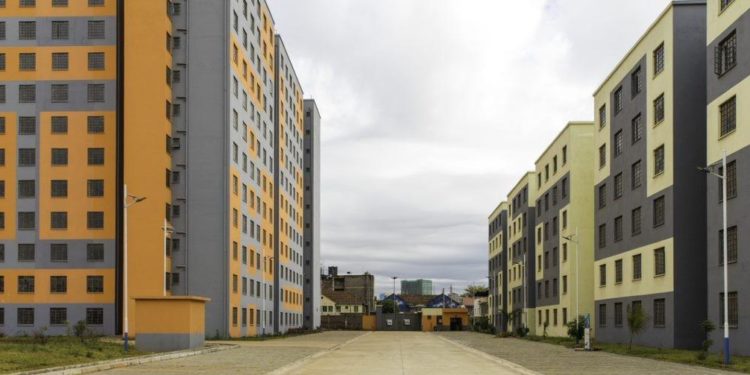Last week, Cabinet Secretary Alice Wahome, through the State Department of Housing and Urban Development, released the draft Affordable Housing Regulations 2024 and welcomed the public to air their comments and remarks in a bid to enhance regulations.
Currently, public participation is taking place across the country until 29th April 2024. While there are many positives in the regulations, there are still some grey areas that need to be ironed out. In this article, we shall highlight some of the areas that need more clarity and deeper review;
Regulation 8(2)(d) mandates “proof of income and ability to repay the loan”.
This requirement poses a significant challenge, particularly in Kenya, where the primary proof of income is a payslip. Other forms of proof may include contract letters and bid documents.
This presents a difficulty, especially for individuals in the informal sector, often referred to as ‘Hustlers,’ where payslips are not available.
Here, irony arises because the Affordable Housing Agenda aims to assist Hustlers in owning their homes, currently the only partial solution to addressing the income source question is through electronic mobile transfers, utilizing avenues such as till numbers and pay bill numbers which will act as proof of income for people in the informal sectors such as mama mboga.
The government needs to relook at this provision since it can lock out the very people which the program intended to benefit.
Regulation 9 stipulates that, “ The deposit payable by a person who is eligible for allocation of an affordable housing unit under regulation 8 shall be at the rate of ten percent of the sale price.”
However, there is a need for greater clarity regarding situations where a person wishes to make a deposit exceeding 10.0%. It would be clearer if the regulation specified that the buyer must make a minimum deposit of 10.0%.
However, if the buyer is capable, they can opt to deposit more than 10.0%. This clarification would provide a more transparent understanding of deposit requirements and flexibility for buyers.
Regulation 13(3)(a) states, “Where a person fails to remedy the default as required under subregulation (2) for four consecutive months, the Board shall take possession of the affordable housing unit.
” However, there is a need for more clarity regarding the specific circumstances that can lead to the repossession of housing units. The regulation could include instances such as when the person shows no intention to pay, fails to communicate reasons for default to the board, or other reasonable situations warranting repossession.
This clarification would ensure a better understanding of the conditions under which repossession may occur, providing fairness and transparency to all parties involved.
Regulation 31(1) states, “For purposes of section 54 of the Act, a purchaser shall not sell their affordable housing unit until eight years after completion of payment of the agreed price has lapsed.”
We suggested that this period be reconsidered and reviewed downwards, preferably reduced to 5 years. It seems overly stringent to restrict a buyer from selling their unit for eight years.
Kenya could take inspiration from other advanced economies like Singapore, where similar programs have been successfully implemented with a resale window of 5 years.
Regulation 32(4)(b) states, “the Board has the priority of purchasing any affordable housing unit on sale.”
There is a need for clearer guidelines on when the Board’s priority of purchasing a housing unit will take precedence.
This could include specifying circumstances where the Board might exercise this priority, such as ensuring continued affordability or addressing housing supply concerns. Providing such clarity would ultimately enhance transparency
The draft Affordable Housing Regulations 2024, while a significant step towards addressing housing challenges in Kenya, requires careful reconsideration and refinement.
The highlighted areas of concern, including proof of income requirements, deposit clarity, repossession criteria, resale restrictions, and the Board’s purchasing priority, all underscore the need for deeper review and clearer guidelines.
By addressing these grey areas, the government can ensure that the regulations effectively fulfill their intended purpose of facilitating affordable housing access while promoting fairness, transparency, and inclusivity!
















